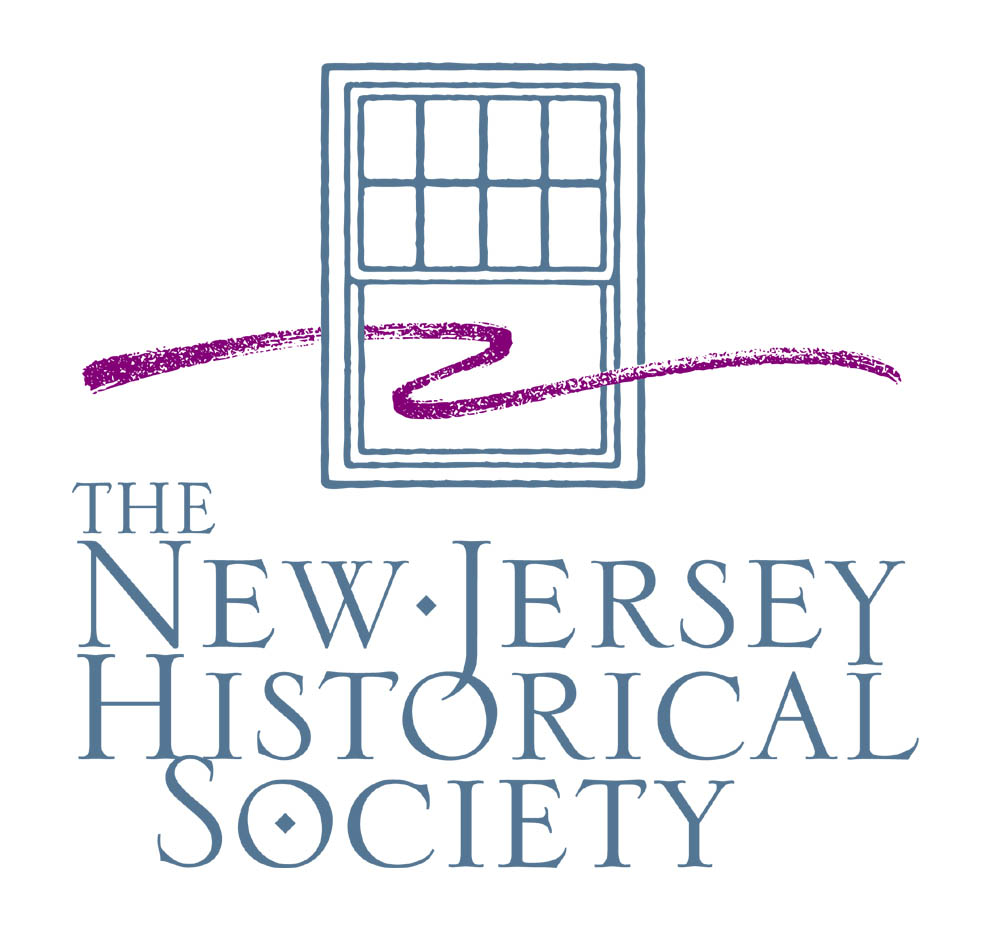Guide to the Letters of Thurlow Weed,Journalist and New York State Assemblyman 1838-1891 MG 329
TABLE OF CONTENTSDescriptive Summary Container List |
 1838-1891MG 329 52 Park Place Newark, New Jersey 07102 Contact: NJHS Library (973) 596-8500 x249 library@jerseyhistory.org https://www.jerseyhistory.org © 2004 All rights reserved. The New Jersey Historical Society, Publisher Inventory prepared by Bob Golon as part of the “Farm to City” project funded by a grant from the National Historical Publications and Records Commission. Finding aid encoded by Danielle Kovacs. February 2004. Production of the EAD 2002 version of this finding aid was made possible by a grant from the Andrew W. Mellon Foundation. Finding aid written in English. Biographical NoteThurlow Weed was born in Cairo, in upstate New York, in 1797. He attended school only briefly and spent his younger years working at a variety of odd jobs. After serving in the War of 1812, Weed began his newspaper career as a foreman for The Albany Registe. He then became involved in state and local politics, initially as a supporter of DeWitt Clinton, and in the election of 1824, worked for the election of John Quincy Adams for President. In 1825, Weed was elected to the New York State Assembly, and in the same year, bought the Rochester Telegraph. He became active in the anti-Masonic movement in New York, and sought to combine it with Republican politics by aligning with John Quincy Adam’s 1828 Presidential bid. Reelected to the assembly in 1829, Weed then founded the Albany Evening Journal and used it as a means to support Henry Clay’s American System, which advocated economic development through banking and internal improvements. The anti-Masonic party was absorbed by the Whig Party, and Weed was very active in Whig politics, being instrumental in the successful New York gubernatorial campaign of William H. Seward in 1838 and in the election of William Henry Harrison to the U.S. Presidency in 1840. Staying mainly behind the scenes, Weed had a reputation as a very capable political manager and manipulator, using patronage, favors, and the power of the press on behalf of the Whigs. Weed supported the presidency of Zachary Taylor, but when Taylor died and Millard Fillmore assumed the presidency, the Compromise of 1850 was passed, allowing some states to self-determine on the issue of slavery. This would mark the end of the Whig Party’s importance in the United States. Discouraged, Weed traveled abroad for some time during the 1850s, and when he returned, joined the Republican Party, where he would work for Seward’s nomination for the presidency. Disappointed that Abraham Lincoln secured the nomination instead, Weed nevertheless worked hard for Lincoln’s election, and served Lincoln as an unofficial envoy to Britain and France during the Civil War. Weed opposed the Emancipation Proclamation, and his eventual support of Andrew Johnson’s reconstruction policy reduced his political influence and all but ended his political career. In 1867, Weed sold the Evening Journal, and moved to New York City, where he briefly worked as a newspaper editor and remained active and interested in public affairs. He died in November, 1882. Thurlow Weed’s grandson, William Barnes Jr., would become a very influential member of the New York State Republican Party in the early 20th Century. Return to the Table of Contents Scope and Content NoteThis collection contains nineteen incoming letters to Thurlow Weed. The letters are general in nature, covering both social and political issues. The bulk of the letters consist of requests relating to Weed’s editorial career, such as personal recommendations, help with social issues, and business agreements from P. Marro, Wiggins, S.H. Wales, Martha Lamb, William Fullerton, Lyman Tremain, Henry Bergh, Charles Sheldon, Pierre Van Wyck, and Clement Laird Vallandingham. There are also three letters from James Grant Wilson, requesting Weed’s donation to go towards the erection of a statue dedicated to the poet Fitz-Greene Halleck. The collection also contains letters relating to Weed’s political activities from John Townsend, Hamilton Fish, and R. H. Shreve. Return to the Table of Contents ArrangementThis collection is arranged in chronological order with undated filed at the end Return to the Table of Contents RestrictionsAccess RestrictionsThere are no access restrictions on this collection. Photocopying of materials is limited and no materials may be photocopied without permission from library staff. Use RestrictionsResearchers wishing to publish, reproduce, or reprint materials from this collection must obtain permission. The New Jersey Historical Society complies with the copyright law of the United States (Title 17, United States Code), which governs the making of photocopies or other reproductions and protects unpublished materials as well as published materials. Return to the Table of Contents Return to the Table of Contents Related MaterialFor collections related to Thurlow Weed at The New Jersey Historical Society, see: Manuscript Group 20, Peter D. Vroom Papers Manuscript Group 26, Joseph P. Bradley Papers Manuscript Group 148, North River Meadow Company Record Book Manuscript Group 175, Gilbert A. Tracy Papers Manuscript Group 294, Walter N. Eastburn Manuscript Collection Manuscript Group 408, Horace N. Congar Papers Manuscript Group 785, Kinney Family Papers Manuscript Group 843, George Perry Morris Papers Manuscript Group 1085, Edward J. Grassmann Manuscript Collection Manuscript Group 1335, William Wright and Edward Wright Papers Return to the Table of Contents Administrative InformationCustodial HistoryThe source of this collection is unknown. Preferred CitationThis collection should be cited as: Manuscript Group 329, Thurlow Weed Letters, The New Jersey Historical Society. Return to the Table of Contents Container List
|
||||||||||||||||||||||||

